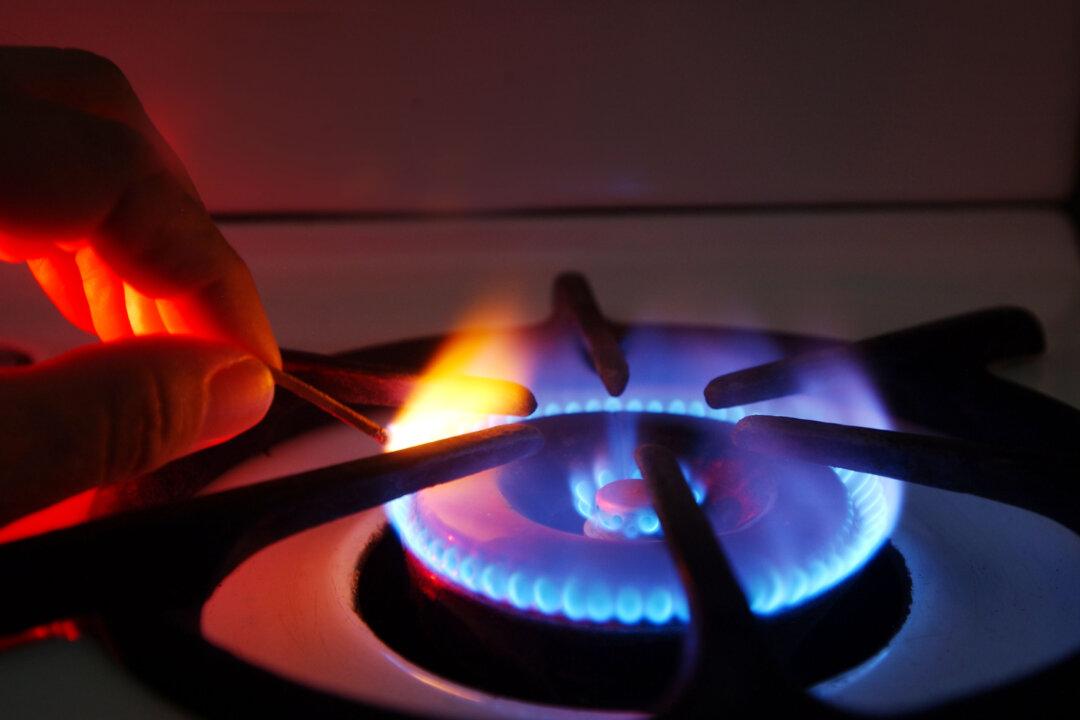Washington state voters have rejected all but one of this year’s ballot initiatives, the one that preserves natural gas as an option for homes and businesses across the Evergreen State.
The office of the Washington state secretary reported on Nov. 9 that with all 3.4 million votes counted, a little more than half of voters (51.64 percent) embraced I-2066, the natural gas policies measure.





